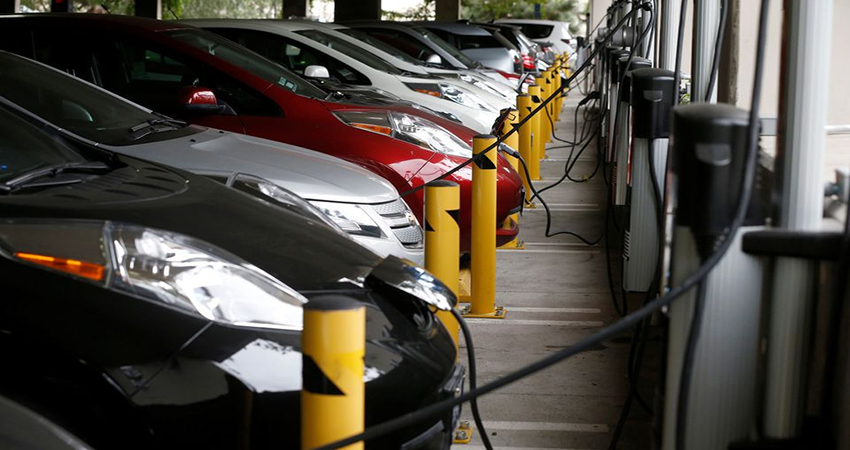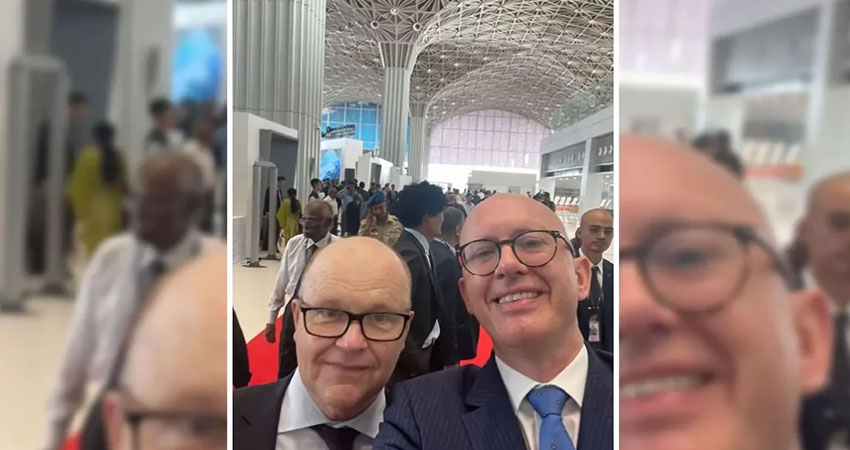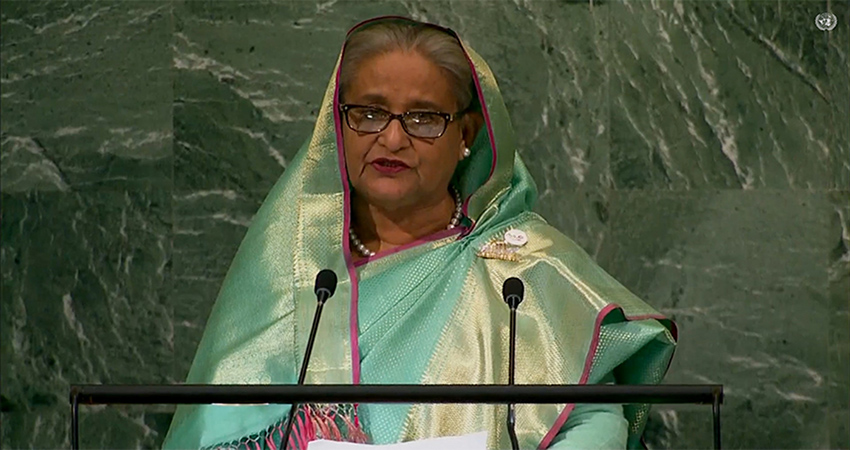The government is keen to introduce the use of electric vehicles (e-vehicles) across the country but delays in completing necessary preparations mean e-vehicles may not be procured until 2023.
The Road Transport and Highways Division (RTHD) has still not finalized the e-vehicle registration guidelines, despite working on them since November 2018. As a result, private enterprises have been unable to import e-vehicles and the government has been forced to revise plans to purchase e-vehicles on multiple occasions.
Furthermore, the government has already prepared charging station guidelines to facilitate the production and use of e-vehicles in Bangladesh, but no commercial charging station for e-vehicles has been installed yet.
The government had planned to launch the country’s first Bus Rapid Transit (BRT) service between Gazipur’s Shibbari and Dhaka Airport using e-buses, but RTHD and Dhaka BRT officials hinted the new service might have to start by using conventional diesel-run buses due to the delays in the preparation of the e-vehicle guidelines.
In September last year, the BRT authorities had announced that they would buy 130 luxury air-conditioned buses for the BRT project. As many as 50 of the vehicles were to be e-buses, and the remaining 80 CNG-run buses.
When asked about the delay in introducing e-vehicles, Shafiqul Islam, managing director of Dhaka BRT Company, said: “The issue is in a transition period. We cannot say anything concrete until a final decision is made.”
RTHD Secretary ABM Amin Ullah Nuri said: “We may start the BRT service with diesel buses, but we must add the e-buses in the fleet as per our plan.
“To ensure smooth operations of the BRT service, we will operate diesel buses initially as e-buses are very new for us,” he added.
He said that having both types of buses would serve as a redundancy in case one of the types does not function properly for any reason.
“We haven’t dropped the plan to purchase e-buses to operate under BRTC, but it has been delayed as charging stations are required across the country and they are not ready yet,” he added.
According to RTHD officials, an inter-ministerial meeting was recently held to finalize the e-vehicles guidelines, but several issues were raised by various stakeholders.
“We need some more opinions from the Cabinet Division, Power Division and from related stake-holders before finalizing the draft,” said the RTHD secretary.
According to the Power Division, a conventional car covers 1,000km at a cost of Tk5,375, whereas an e-vehicle does so at a cost of only Tk1,250.



















